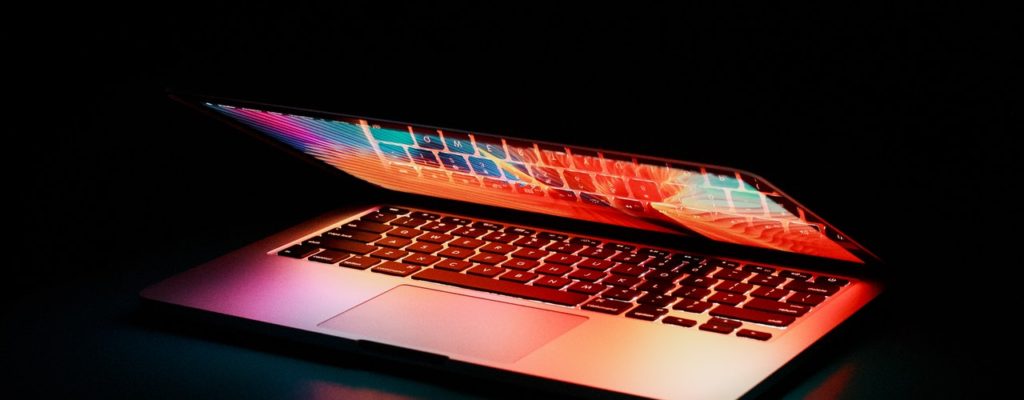We’ve all heard the arguments for why having a smartphone on you is beneficial, important even. “I can be in touch with the office when I’m out and about” is a common one.
This came up for me recently, when I was talking to a coworker on Slack, and he asked me if I knew of an app that can snooze emails after a certain hour.
And I thought: How did we get here?

Why stop working ever?
It doesn’t matter if you work a 9-5 job or you’re a freelancer; there are times when you are working, and times when you are not.
Or rather, that’s how it used to be.
This transition didn’t start with phones. It started with laptops, and the ability to take your work computer home. Before that, you could maybe bring your briefcase home and work on papers, or copy some files to a disk and bring that home, but the process was awkward.
But now, work is as much about emails and Slack messages and conversations as it is about doing anything productive. I feel like at least 50% of my day job involves these three things only. Maybe much more.
And since, let’s face it, a phone is a tool for communication, the expectations have changed. Because one can connect to work on your phone, answer a quick email here, respond to a question there, there is no longer a Work section and a Not-Work section of your life.
With your phone by your side, it is always Work.
It’s just a quick email
There is a certain martyrdom about working while not “at work”. “I need to be in touch,” feels good in a weird way. It’s good to be wanted. It’s good to be needed. We all to a certain extent fear our job security a bit, and so when there’s a need that we can fulfill, that fear gets dialed back a bit.
Some people really do “need” to be on their phone all the time for work reasons.
Most do not. You probably don’t.
Also, let us not forget that today’s favor is tomorrow’s expectation. When someone sends you a message at 10 PM and you get back to them (because it was quick and easy and you knew the answer), then you have implicitly told them that their actions are okay. So, they are likely to do it again. Why wouldn’t they?
This is the problem. By working during off-hours, you are acquiescing to work during off-hours.
Don’t be so “important”
Work apps on your phone make you believe in a lie: that the more hours you work, the more you get accomplished. It makes intuitive sense, but it doesn’t withstand scrutiny. Hell, even Henry Ford figured this out in the 1920’s.
In truth, there is some research behind the amount of time you should be working. And I’ll give you a hint, it’s way less than you’re probably working.
If you use a smartphone, I challenge you to turn your work apps off at night. Don’t tell me you can’t.
This is a psychological adjustment. You might feel some fear. “What if something important happens?” (It won’t.) But if a question comes in, let some other sucker field it.
And hopefully, eventually, there will be no suckers left.
But won’t you be seen as less valuable, since you’re not as around at 10 PM when people “need” you?
Perhaps, but you know what you’ll have that others won’t? A fresh, clear, uncluttered mind. I bet you’ll work more productively when you get back to work.
So as for my coworker and people like him: if you want to snooze your emails after a certain hour, there is an “app”: it’s called shutting your email down.
